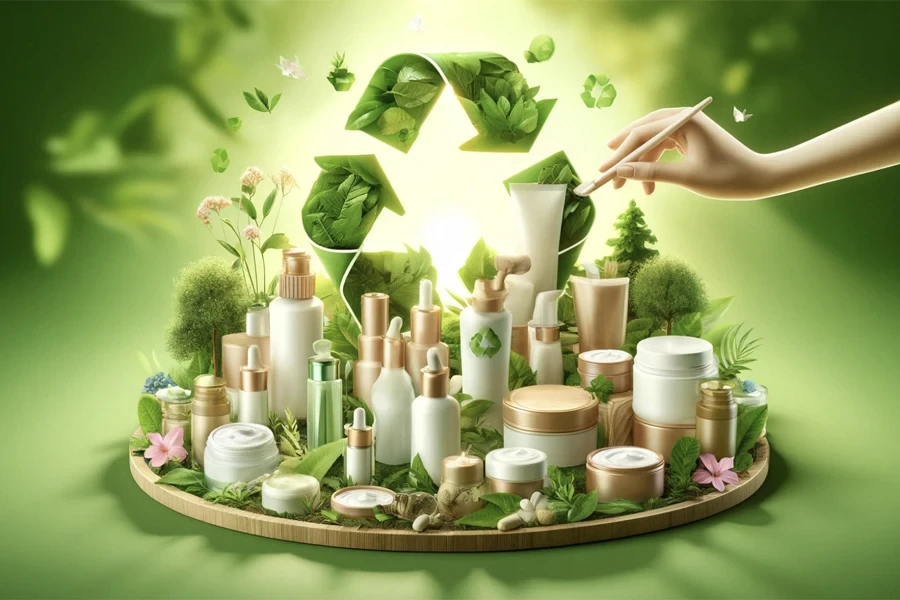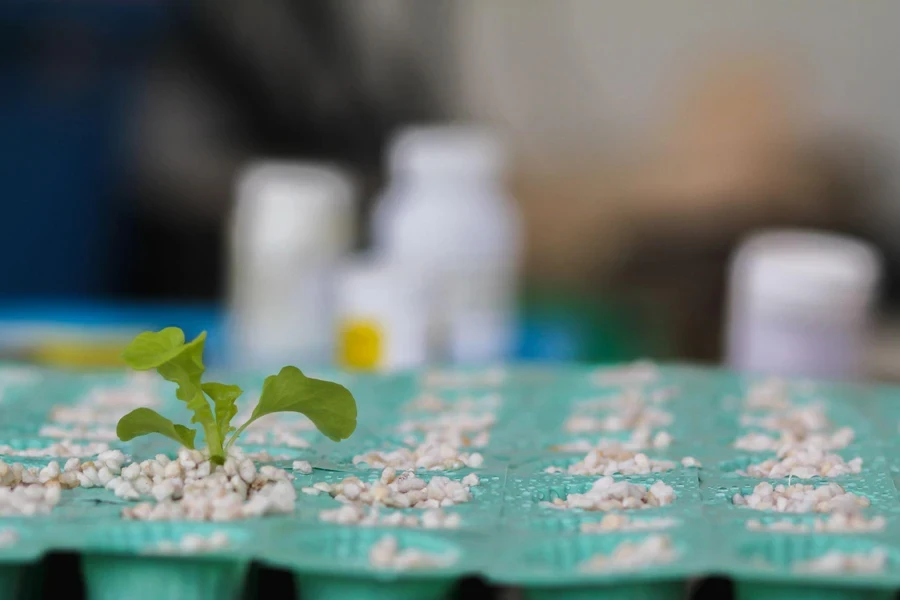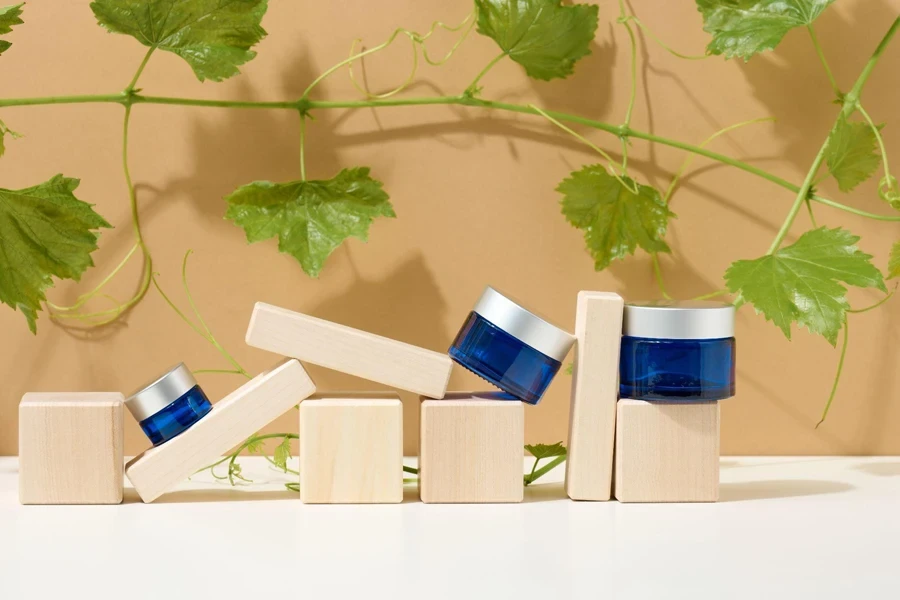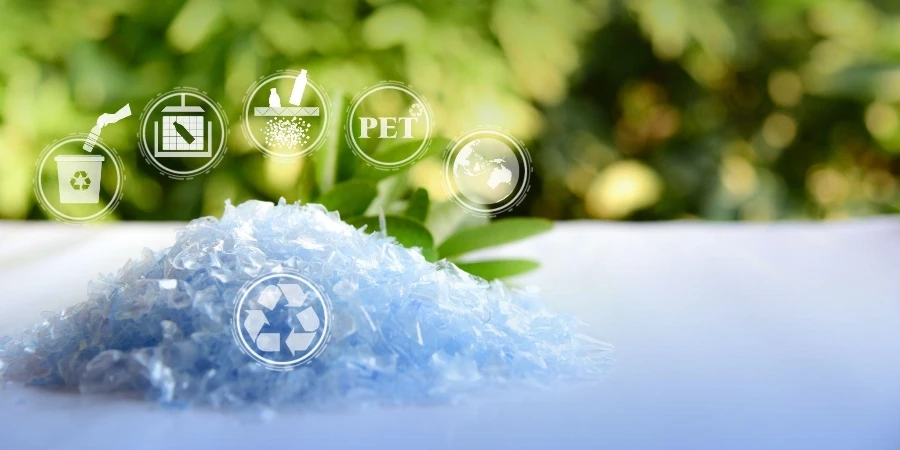The beauty industry is undergoing a transformative shift towards sustainability, prioritizing the use of upcycled ingredients to minimize environmental impact. This movement is not only about eco-consciousness but also about innovating product development and enhancing brand value. By leveraging waste and existing supply chains, companies like Bloomeffects and KraveBeauty are setting new standards in sustainable beauty practices.
Table of Contents
● The shift towards upcycled ingredients
● Key players in the upcycled beauty movement
● Cost-effective sustainability in beauty
● How brands can adopt circular beauty principles
The shift towards upcycled ingredients
The trend of upcycling in the beauty industry is gaining momentum as companies increasingly reject virgin materials in favor of those that contribute to a circular economy. Driven by limitarianism, the philosophy of minimizing resource use, brands are innovating by turning to already existing waste streams as sources for raw materials. This practice not only helps in reducing environmental burden but also aligns with growing consumer demand for sustainable products.

For instance, US-based Bloomeffects has been at the forefront of this movement by collaborating with Dutch tulip farmers to use discarded tulip flowers as a key ingredient in their skincare products, showcasing a novel approach to resource utilization in cosmetics.
Key players in the upcycled beauty movement
Innovative brands are spearheading the upcycled beauty trend by integrating waste materials into their product lines effectively and creatively. KraveBeauty, a US-based skincare brand, has made headlines with its #WasteMeNot initiative, repurposing $1.5 million worth of serum formulation waste into a new body wash.

This not only highlights the brand’s commitment to sustainability but also sets a precedent for how beauty brands can turn production shortcomings into successful eco-friendly products. Meanwhile, companies like Gallinée and Neighbourhood Botanicals in the UK are embracing similar practices, utilizing near-expiry products and factory seconds to reduce waste and offer consumers high-quality products at lower costs.
Cost-effective sustainability in beauty
The integration of upcycled ingredients is proving to be a cost-effective strategy for both brands and consumers. By adopting waste-avoiding schemes, companies are able to lower production costs and offer more affordable products, thereby making sustainable beauty accessible to a broader audience. This approach also opens up a new market segment that prioritizes eco-conscious spending without compromising on quality or effectiveness.

The concept of #AffordableSustainability has been embraced by various brands, including French skincare company Gallinée, which sells products close to their expiry at reduced prices, and UK-based Neighbourhood Botanicals, known for its sale of factory seconds. These practices not only promote sustainability but also cater to price-sensitive consumers, fostering a larger movement towards environmental responsibility.
How brands can adopt circular beauty principles
For beauty brands aiming to adopt more sustainable practices, the principle of circularity provides a comprehensive framework. This involves examining and optimizing the supply chain to prevent leaks and waste at every stage of product development. By identifying potential waste streams and converting them into inputs for new products, companies can achieve significant environmental impacts while maintaining economic viability. Brands like Bloomeffects and KraveBeauty serve as exemplars in this regard, demonstrating how circular principles can be effectively applied in the beauty industry. Moreover, adopting such practices not only aids in waste reduction but also enhances brand reputation, as consumers increasingly favor companies with strong environmental credentials.

Honestly, the shift towards upcycled beauty ingredients is not just a trend but a sustainable strategy that is reshaping the cosmetics industry. As more brands adopt and innovate in this space, upcycled beauty is poised to become a standard practice, reflecting a broader commitment to environmental stewardship and responsible consumption. By embracing these practices, beauty brands not only contribute to a more sustainable world but also meet the evolving preferences of consumers who prioritize both efficacy and ecological impact.
Conclusion
The evolution of the beauty industry toward upcycled ingredients marks a significant pivot towards more sustainable practices that resonate deeply with the modern consumer’s ethos. As environmental awareness continues to grow, the demand for products that align with sustainable and ethical values will only increase. Brands like Bloomeffects, KraveBeauty, Gallinée, and Neighbourhood Botanicals are not just participating in a trend; they are paving the way for a new standard in the cosmetics industry. By embracing upcycled ingredients and circular economy principles, these pioneers are demonstrating that beauty brands can play a crucial role in reducing waste and promoting sustainability. This shift not only helps conserve natural resources but also offers a blueprint for other industries to follow. As the beauty industry continues to innovate with upcycled materials, it sets a precedent for the integration of environmental responsibility into core business strategies, ensuring that beauty is not just skin deep but beneficial for the planet as well. Such practices reinforce the industry’s potential to influence global sustainability efforts positively, proving that thoughtful consideration of production methods can lead to significant ecological and social benefits.




